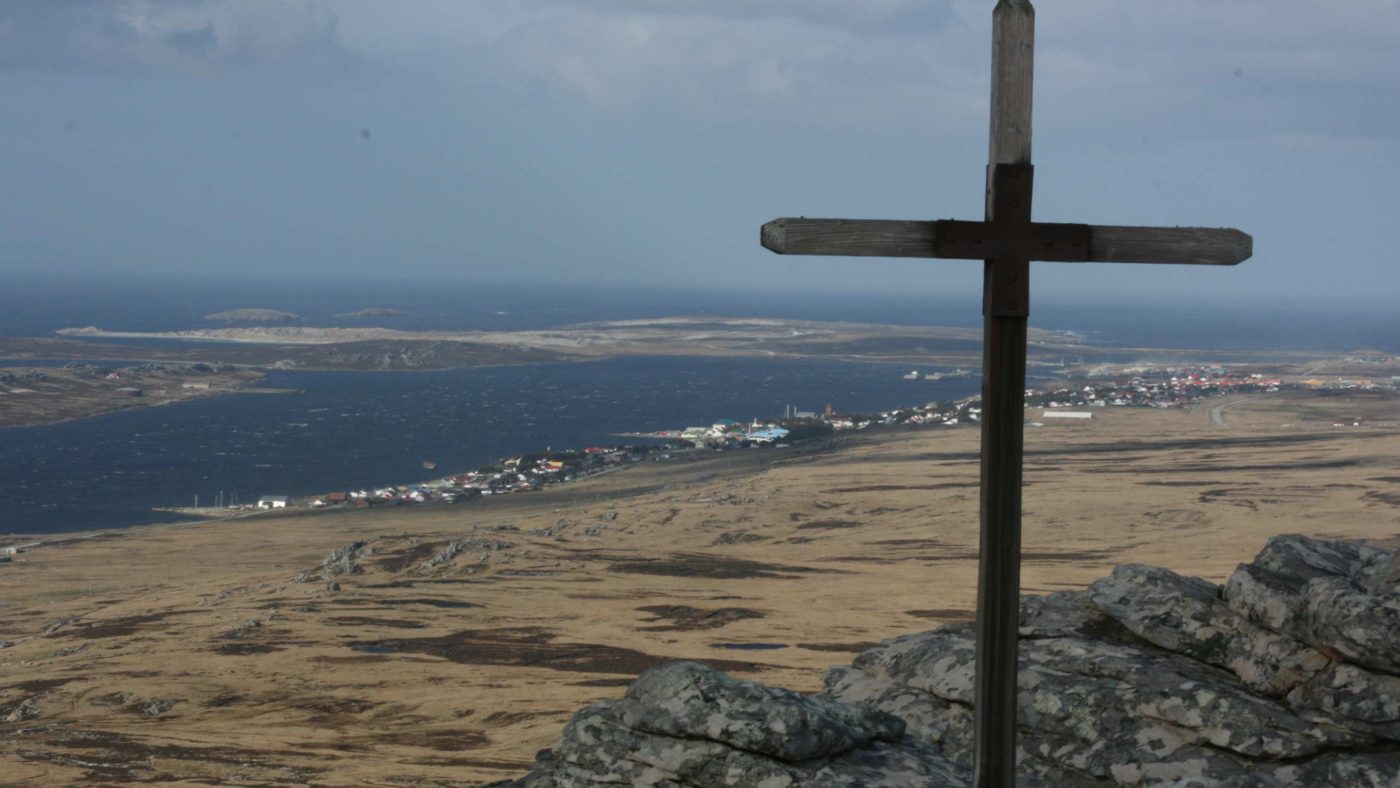For Margaret Thatcher, the Falklands War turned the ‘Iron Lady’ from a somewhat ironic sobriquet to a label that defined her time at Number 10. It’s no exaggeration to say the war rescued her political fortunes at the most challenging of times, with unemployment and inflation both raging and the polls looking decidedly gloomy.
The analogy to Boris Johnson’s current predicament is tempting, if rather limited. The clearest difference is that the Falklands was decidedly Britain’s fight, one which was in the then Prime Minister’s gift both to prosecute and win. The invasion of Ukraine is far more geopolitically significant, but our troops are not committed and the most Johnson can realistically do – and, to his credit, has done – is offer President Zelensky both moral and material support.
There is, however, some similarity with 1982 in the way that international affairs have taken some of the heat off Johnson’s domestic travails. Had it happened in January, news of the police issuing fines for lockdown gatherings in Downing Street might have spelled the end of the PM’s time at Number 10. As it is, the story didn’t really touch the sides in terms of media coverage, and some of the MPs who put in letters of no confidence earlier this year have now withdrawn them.
Even Keir Starmer only devoted two of his six Prime Minister’s questions this week to ‘Partygate’, which made his renewed calls for the PM to resign seem rather odd. If this was such a crucial issue, why was it only worth a third of the Labour leader’s allotted questions? His choice of questions does reflect the opinions of the public, however, with polling showing that the economy/cost of living is by far their biggest priority.
Not only are bills and taxes rising precipitously this month, but analysts expect another sharp hike in energy bills come October. Some MPs are even talking about an Emergency Budget, a matter of days since the Chancellor delivered his Spring Statement.
And though the Prime Minister’s own position now looks much more secure and the Tories’ polling position has stabilised, the picture is still far from rosy for Johnson or his party. As pollster Matt Singh noted on CapX this week, the PM’s ratings are on a par with mid-term John Major and Gordon Brown. The only consolation is that Starmer’s ratings aren’t much better.
The irony for Johnson, perhaps, is that while his critics wish he had been punished more severely for doing the wrong thing on Partygate, he may end up suffering more from doing the right thing when it comes to Ukraine – with tougher sanctions on Russia exacerbating the already severe cost-of-living crisis.
So, while politically Ukraine may have kept the wolves from Johnson’s door, he can be in little doubt that a fresh pack is still lurking.
Click here to subscribe to our daily briefing – the best pieces from CapX and across the web.
CapX depends on the generosity of its readers. If you value what we do, please consider making a donation.


